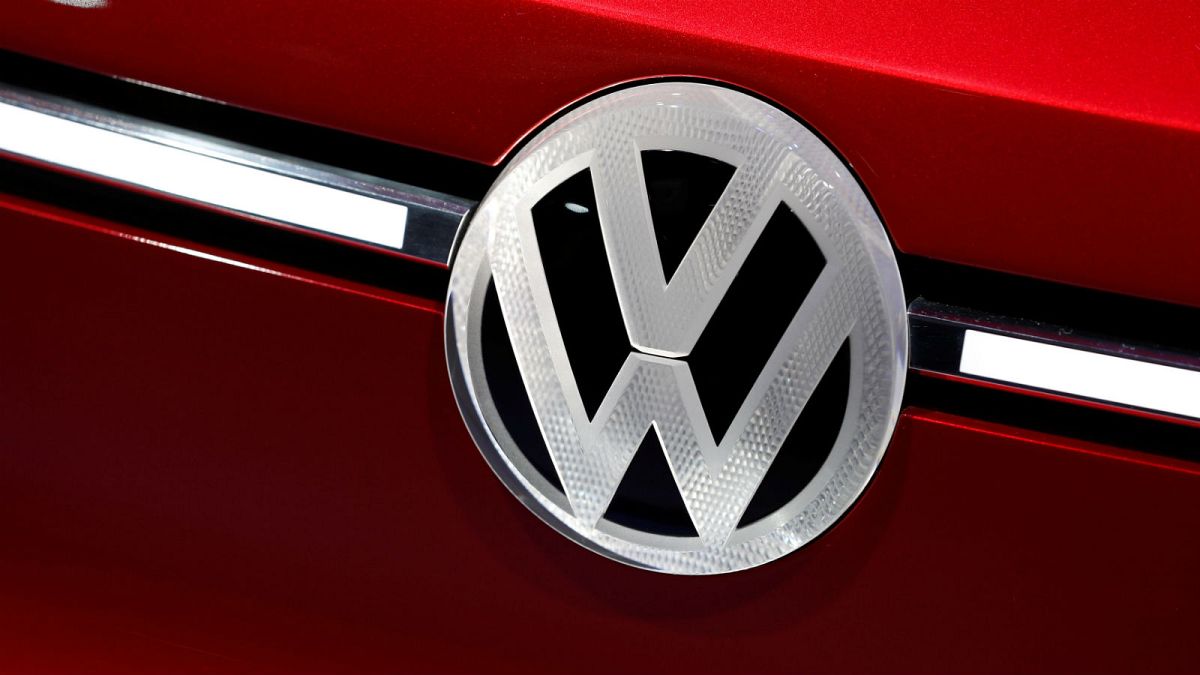BMW Group and Daimler claim they were not aware the exhaust fumes tests were being tested on humans and monkeys — while Volkswagen concedes some of its employees may have been aware of the testing at the time.
Volkswagen's supervisory board has ordered an inquiry into who ordered diesel fume tests to be used on humans and monkeys, which the German government called "unjustifiable".
"In the name of the entire supervisory board, I would emphatically distance myself from such practices [...] The events that took place have to be unreservedly and comprehensively cleared up," said Volkswagen supervisory board Chairman Hans Dieter Poetsch in a statement.
"The supervisory board will therefore promptly address the issue. I will do everything to ensure that the procedure is investigated comprehensively. Whoever is responsible for this will, of course, be held accountable," he added.
According to the New York Times, the research received all its funding from Volkswagen, Daimler, and the BMW Group — German automakers.
The tests, conducted in 2014, were meant to counter the 2012 World Health Organisation study that classified diesel exhaust as "carcinogenic", according to the Times.
Volkswagen said on Monday that some of its employees, including some in the legal department, may have been aware of the tests on monkeys at the time, according to Reuters.
'What kind of goal was being pursued with these tests?'
The tests "raise many critical questions about who was behind them," said German government spokesman Steffen Seibert.
"There aren't only the fundamental ethical questions, but also the question, what kind of goal was being pursued with these tests?" he added.
The German automaker came under fresh scrutiny after the Stuttgarter Zeitung reported on Sunday that the European Research Group on Environment and Health, better known under its German initials EUGT, also carried out nitrogen dioxide tests on people.
The German daily reported that around 25 healthy young people inhaled different doses of nitrogen dioxide for several hours during an experiment supervised by Aachen University in Germany between 2012 and 2015.
A Volkswagen spokesperson said in a statement that "the reason for the study was a discussion on nitrogen dioxide thresholds at the workplace".
"There is no connection between the research activities and the diesel issue," said the statement.
The new allegations come after the New York Times reported on Friday that the EUGT made monkeys breathe car exhaust fumes in a similar experiment in 2014.
The EUGT was dismantled last year and could not be reached for comment.
But according to the Volkswagen statement " information on the companies participating in EUGT and the studies carried out was accessible at all times from the EUGT homepage."
German automakers condemn experiments
A BMW spokesman told Euronews: "The BMW Group did not participate in the mentioned studies and distanced itself from the studies last week." The Munich-based carmaker added it has initiated an internal investigation to "thoroughly clarify the work and background of the EUGT."
BMW said it was thinking of setting up an independent medical ethical commission to assess the research done by the EUGT. However, the spokesman pointed out they had received information that the ethics committee of Aachen University had approved the nitrogen dioxide study.
In a press statement, Daimler said that it "condemned the experiments" and that they had also launched an investigation into the matter.
Aachen University did not immediately respond to Euronews' request for comment.
